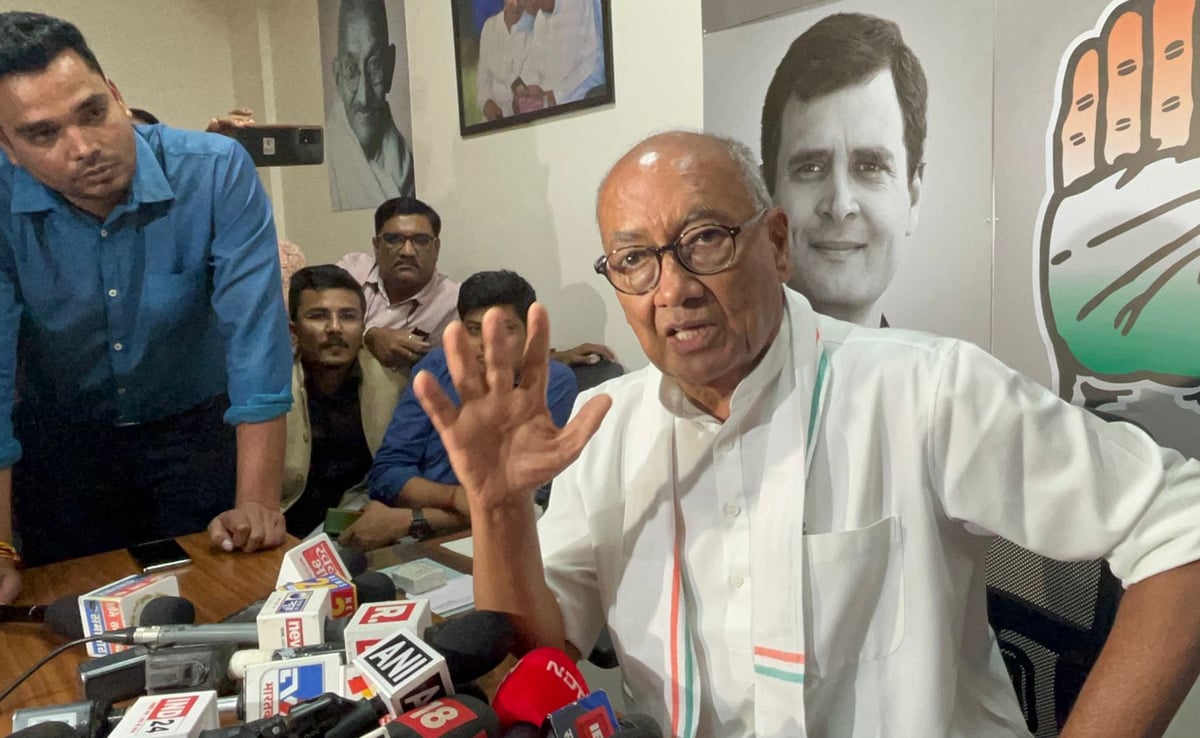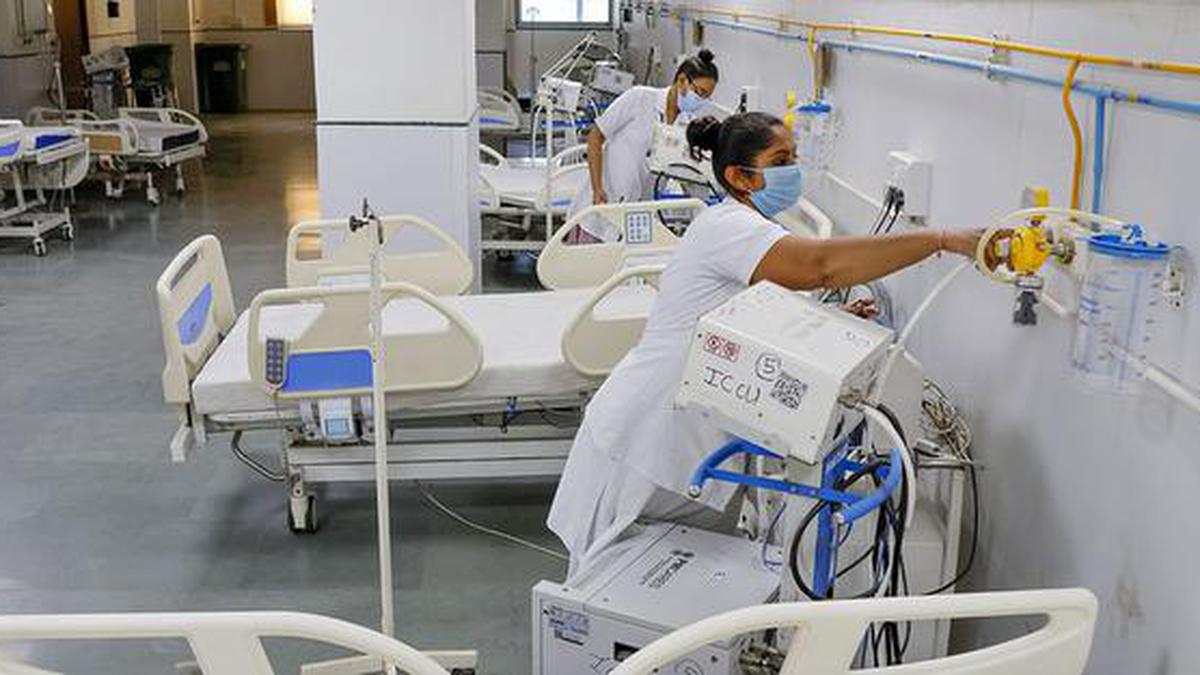Over the past few years, we’ve heard the names of a lot of new diseases – we had the Zika virus, the Nipah virus and even an Ebola scare, while the coronavirus pandemic rocked the country. Scientists estimate that about 60% of all known infectious diseases are zoonotic, meaning they spread from animals to people. India has a huge population, with large numbers of livestock reared and the additional issue of climate change events such as heatwaves and floods affecting the country, make us particularly vulnerable to infectious diseases. Which is why, the concept of ‘One Health’ is now being talked about: this is an approach that recognises that the health of humans, animals, plants and their environment is interconnected, and needs a unified approach, across multiple sectors to tackle public health challenges. India’s National One Health Mission, being led by the Office of the Principal Scientific Advisor, is part of its G20 health priorities. But while a holistic approach of this sort does seem to make sense, some concerns have been raised: when developing countries share material with developed countries, will they legally be able to benefit from these collaborations? How exactly will the One Health framework work out in these contexts?
Guest: Dr Rajib Dasgupta Professor, Centre of Social Medicine and Community Health, and Co-Investigator, UKRI-GCRF OneHealth Poultry Hub, Jawaharlal Nehru University.
Host: Zubeda Hamid
Edited by Sharmada Venkatasubramanian.
Listen to more In Focus podcasts:









